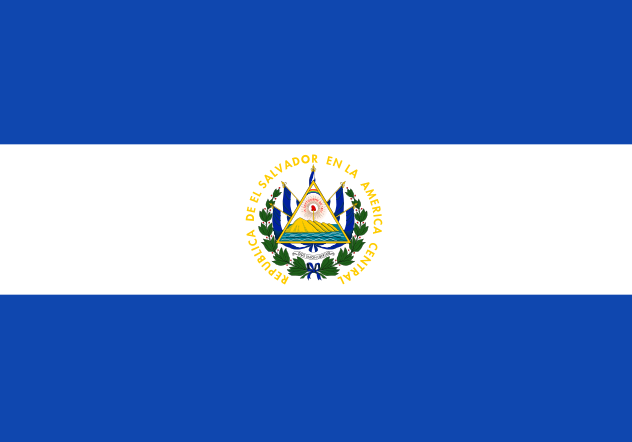
May 19, 2014 | Advocacy, News, Non-legal submissions
The UN Committee on Economic, Social and Cultural Rights has just finalized its review of El Salvador, one of the State parties under examination during the 52nd session of the Committee held between the 28 April and 23 May 2014.
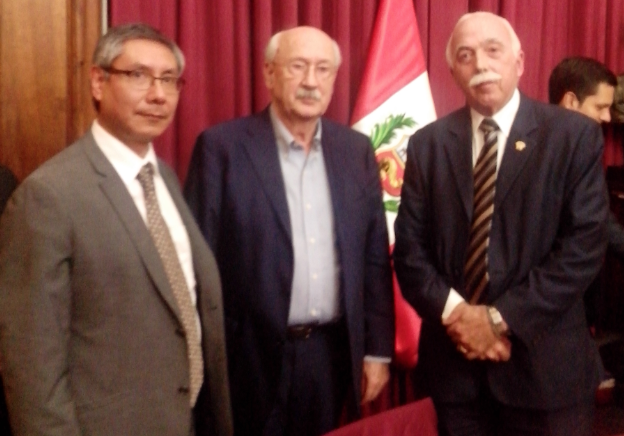
May 13, 2014 | Artículos, Noticias
La Misión de observadores de la CIJ – Philippe Texier, Alberto L. Gómez Z. y Carlos Lopez H.- compartió conclusiones preliminares desoladoras con la Comisión de Trabajo y Seguridad Social del Congreso de la República.
Philippe Texier, exmagistrado de la Corte de casación de Francia y ex Presidente del Comité ONU para los Derechos Económicos, Sociales y Culturales, presentó ante la Comisión de Trabajo prácticas de trabajo precario en la industria de la agro-exportación, asi como casos de trabajo infantil, que no se corresponden con los estandares internacionales aceptados por el Perú en Convenciones internacionales.
El informe final de la misión será publicado en un momento posterior luego de llevar a cabo investigación y consultas adicionales.
Durante su visita al Perú, la misión de expertos sostuvo reuniones en Lima e Ica con una diversidad de sindicatos, autoridades de trabajo y salud, ONGs, expertos, trabajadores adultos y niños.
Los expertos hicieron también visitas in situ para entervistarse con trabajadores, pobladores y niños, fueron entrevistados en la radio y presentaron conclusiones preliminares a la Comisión de Trabajo del Congreso (foto).
La industria de agro-exportación en el Perú produce principalmente esparrago, mango, paltas, paprika y uva, la mayor parte destinada a la exportación a mercados de Europa y Norte América.
En la última década, ha experimentado un gran crecimiento debido a importantes inversiones realizadas en una industria cuyo crecimiento no parece ser acompañado por mayor bienestar social para sus trabajadores y comunidades aledañas.
Contact:
Carlos Lopez, Director, Business and Human Rights, carlos.lopez(a)icj.org +41 22 979 3816
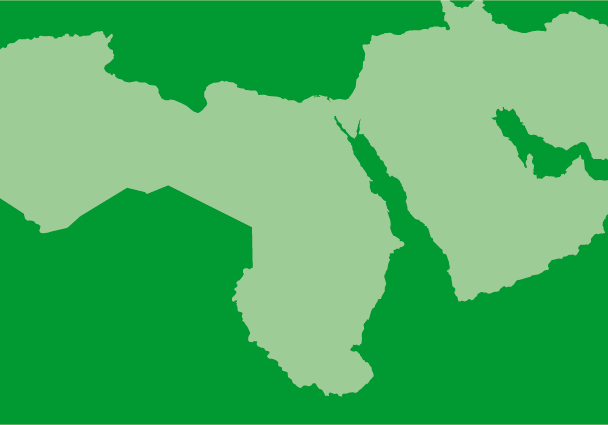
Apr 8, 2014 | News
The ICJ today welcomed steps taken by the Palestinian authorities to accede to core international human rights and humanitarian law conventions.
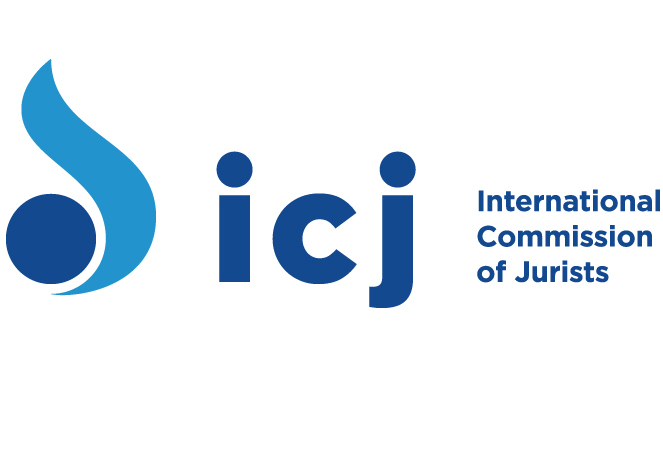
Apr 1, 2014
The ICJ has submitted an alternative report in advance of the Committee’s examination of Indonesia’s initial report under the International Covenant on Economic, Social and Cultural Rights (ICESCR).
The ICJ submission draw’s the Committee’s attention to concerns related to:
- The right to just and favourable conditions of work;
- The right to strike; and
- The enjoyment of cultural rights.
The Committee will examine Indonesia’s initial report during its 52nd session held in April to May 2014, following which it will adopt Concluding Observations setting out recommendations to the Government of Indonesia.
Indonesia-CESCR52-AlternativeReport-LegalSubmission-2014 (download full submission in PDF)
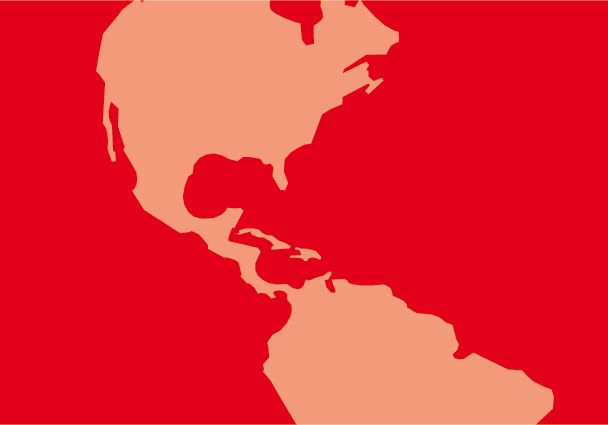
Mar 25, 2014
The ICJ has submitted an alternative report in advance of the Committee’s examination of El Salvador’s combined third, fourth and fifth periodic reports under the International Covenant on Economic, Social and Cultural Rights (ICESCR).
The ICJ submission draw’s the Committee’s attention to concerns related to:
- The rights of victims of alleged violations of economic, social and cultural rights;
- Discrimination and denial of equal rights;
- The right to work and to just and favourable conditions of work; and
- The right to an adequate standard of living.
The Committee will examine El Salvador’s combined report during its 52nd session held in April to May 2014, following which it will adopt Concluding Observations setting out recommendations to the Government of El Salvador.
ElSalvador-CESCR52-AlternativeReport-LegalSubmission-2014 (download full submission in PDF)









